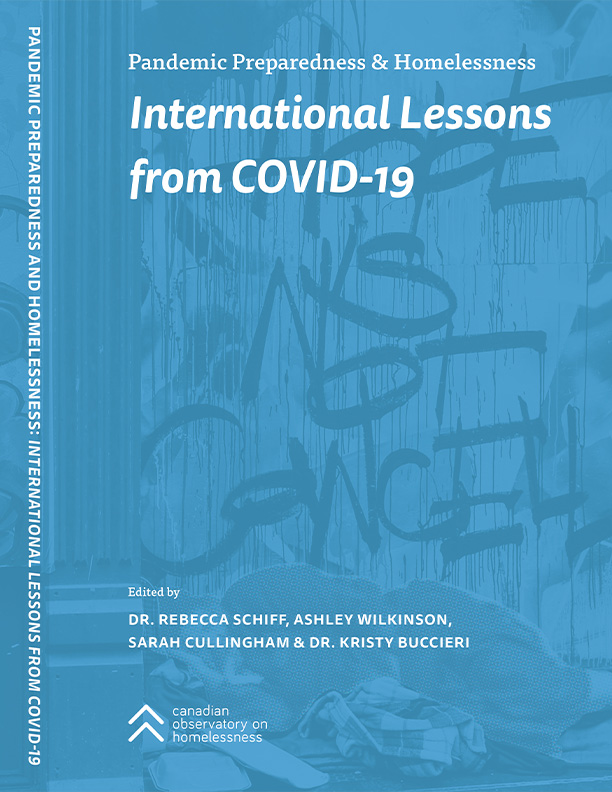In May 2023 the Director-General of the World Health Organization held a press conference on the state of COVID-19. After more than 3 years, he told the gathered crowd, “It is with great hope that I declare COVID-19 over as a global health emergency,” although it still remained a pressing global health threat. In his statement to the press, Dr. Adhanom Ghebreyesus opined, “COVID has changed our world and it has changed us.” It is difficult to argue with this statement and yet as we write this introduction, less than 1 year after this announcement, we still have very little idea of just how true it could prove to be.
The chapters included in this book all grapple with the one very specific yet large issue of how COVID-19 has shaped our experiences, understandings, and approaches to homelessness. We actively sought contributions from around the world, recognizing that homelessness is just as much a global health crisis as COVID-19, but without a hopeful declaration that an end is in sight.
This book has the unfortunate distinction of being the second in a series examining the effects of a pandemic outbreak within the context of homelessness. The first was written in the wake of the H1N1 outbreak, and detailed findings from a pan-Canadian study in the cities of Calgary, Regina, Toronto, and Victoria.
Having lived through recent past pandemics, such as SARS and H1N1, we would be justified in asking what lessons were learned and how (or in fact whether) the knowledge we gained was applied. How far have we come – as communities, nations, and a global society – in making the world a more equitable social, economic, legal, and political place? These are the questions we take up throughout this book, by considering the impacts of the pandemic on individuals experiencing homelessness, social service agencies working to provide supports, and beyond to cities, regions, and state-level responses to COVID-19.

